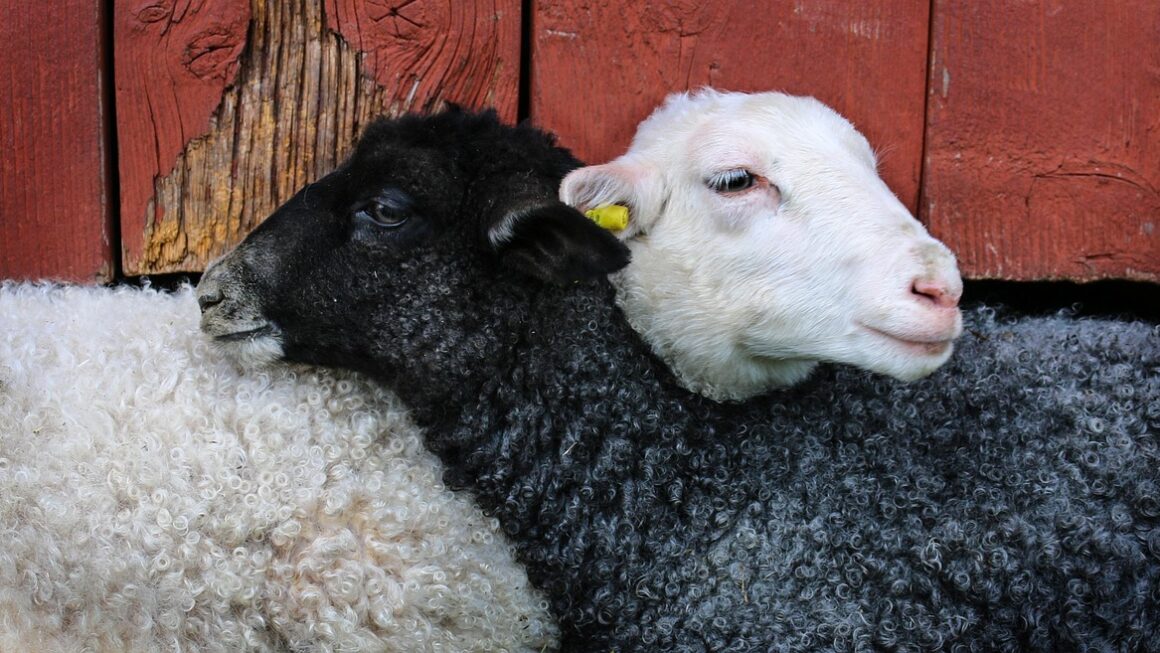The tapestry of life is woven with many threads, but few are as strong and vibrant as the threads of close friendship. These aren’t just casual acquaintances; they’re the individuals who understand us at our core, offering unwavering support, honest feedback, and a shared history that shapes who we are. Investing in close friendships is an investment in your well-being, providing a safety net and a source of joy that can weather any storm.
The Profound Impact of Close Friends on Your Well-being
Emotional Support and Resilience
Close friends provide a crucial buffer against stress and loneliness. They’re the people you can confide in without judgment, sharing your triumphs and vulnerabilities alike. Studies show that strong social connections, including close friendships, are linked to lower levels of anxiety and depression.
- Example: When you’re facing a tough time at work, a close friend can offer a listening ear, provide perspective, and remind you of your strengths. Their emotional support can significantly reduce your stress levels and help you navigate the challenge.
- Benefits:
Reduced stress and anxiety
Increased feelings of belonging and purpose
Improved coping mechanisms for difficult situations
A safe space to express your emotions
Physical Health Benefits
The positive impact of close friendships extends beyond mental and emotional well-being and into the realm of physical health. Research indicates that individuals with strong social connections tend to have better cardiovascular health, stronger immune systems, and even live longer.
- Example: Having a close friend who encourages you to stay active and healthy can be a powerful motivator. They might suggest going for walks together, joining a gym, or simply offering words of encouragement when you’re tempted to skip a workout.
- Data: A study published in the journal PLOS Medicine found that individuals with strong social relationships had a 50% greater likelihood of survival than those with weak social relationships.
- Benefits:
Improved cardiovascular health
Stronger immune system
Lower blood pressure
Increased longevity
Cultivating and Nurturing Close Friendships
Investing Time and Effort
Close friendships don’t just happen; they require consistent time and effort. Just like any relationship, they need nurturing to thrive. This means making a conscious effort to stay connected, even when life gets busy.
- Practical Tips:
Schedule regular catch-up calls or video chats.
Plan activities together that you both enjoy.
Be present and attentive when you’re with your friends.
Remember important dates and milestones.
Small gestures of kindness go a long way (e.g., sending a thoughtful text, offering help with a task).
Active Listening and Empathy
Being a good friend involves more than just talking; it requires active listening and empathy. Put yourself in your friend’s shoes, try to understand their perspective, and offer genuine support.
- Example: Instead of immediately offering solutions when a friend is sharing a problem, listen attentively and ask clarifying questions. Show that you understand their feelings and offer words of encouragement.
- Key Elements of Active Listening:
Paying attention to both verbal and nonverbal cues.
Asking clarifying questions to ensure understanding.
Reflecting back what you’ve heard to show that you’re listening.
Avoiding interrupting or giving unsolicited advice.
Identifying and Navigating Challenges in Friendships
Addressing Conflict Constructively
Even the closest friendships can experience conflict. It’s important to address disagreements openly and honestly, with respect and empathy.
- Example: If you disagree with a friend’s decision, avoid being accusatory or judgmental. Instead, express your concerns calmly and explain your perspective.
- Tips for Resolving Conflict:
Choose a time and place where you can talk openly and privately.
Listen to your friend’s perspective without interrupting.
Express your own feelings and needs clearly and respectfully.
Focus on finding a solution that works for both of you.
Be willing to compromise.
Dealing with Changes in Friendship Dynamics
Friendships evolve over time as people’s lives and priorities change. It’s important to be adaptable and understanding as your friendships navigate these transitions.
- Example: If a friend moves away, make an effort to stay connected through technology. Schedule regular video calls, send emails, or plan occasional visits.
- Common Changes in Friendship Dynamics:
Geographical distance
Changes in relationship status (e.g., marriage, children)
Career shifts
Differing interests
Personal growth and development
Maintaining Long-Distance Friendships
Leveraging Technology for Connection
In today’s world, maintaining long-distance friendships is easier than ever thanks to technology. Utilize video calls, messaging apps, and social media to stay connected with friends who live far away.
- Practical Examples:
Schedule regular video calls to catch up face-to-face.
Use messaging apps to share daily updates and funny memes.
Create a shared online album to share photos and memories.
Play online games together to have fun and bond.
- Benefits of Using Technology:
Instant communication regardless of location
Visual connection through video calls
Ability to share experiences and memories in real-time
Cost-effective way to stay connected
Planning Visits and Shared Experiences
While technology is a great tool, nothing replaces face-to-face interaction. Plan occasional visits with your long-distance friends to strengthen your bond and create new memories.
- Example: Plan a weekend getaway to visit your friend in their new city. Explore the local attractions, try new restaurants, and catch up in person.
- Tips for Planning Visits:
Plan in advance to ensure you both have availability.
Consider sharing the cost of travel and accommodation.
Create a flexible itinerary that allows for spontaneity.
Focus on quality time and meaningful conversations.
Recognizing and Appreciating Your Close Friends
Expressing Gratitude and Appreciation
Don’t take your close friends for granted. Make a conscious effort to express your gratitude and appreciation for their presence in your life.
- Example: Write a heartfelt card expressing your appreciation for your friend’s support and friendship.
- Ways to Show Appreciation:
Verbal affirmations (“I appreciate you,” “Thank you for being there for me.”)
Acts of service (e.g., helping with a task, running errands)
Thoughtful gifts
Spending quality time together
Celebrating Milestones and Achievements
Be there to celebrate your friends’ successes, both big and small. Sharing in their joy strengthens your bond and shows that you care about their well-being.
- Example: Throw a surprise party for your friend’s graduation or new job.
- Ways to Celebrate Milestones:
Organize a special dinner or party.
Send a congratulatory gift.
Offer words of encouragement and support.
* Share their achievements on social media.
Conclusion
Close friendships are a cornerstone of a happy and fulfilling life. They provide emotional support, improve physical health, and offer a sense of belonging. By investing time and effort, cultivating active listening skills, and navigating challenges constructively, you can nurture these invaluable relationships and reap the rewards of lifelong companionship. Don’t underestimate the power of a true friend – they’re one of life’s greatest gifts.




